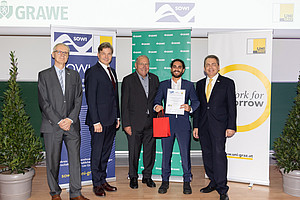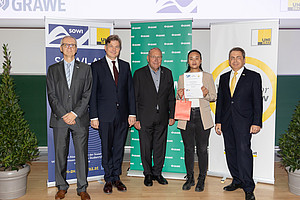A Stackelberg knapsack game with weight control
We address a bilevel knapsack problem where a set of items with weights and profits is given. One player, the leader, may control the weights of a given subset of items. The second player, the follower, outputs the actual solution of the resulting knapsack instance, maximizing the overall profit. The leader receives as payoff the weights from those items of its associated subset that were included in the solution chosen by the follower. We analyze the leader's payoff maximization problem for three different solution strategies of the follower and discuss the complexity of the corresponding problems. In particular, we show that, when the follower adopts a greedy strategy, setting the optimal weight values is NP-hard. Also, it is NP-hard to provide a solution within a constant factor of the best possible solution. However, a MIP-formulation can be given. Moreover, the truncated greedy strategy allows an easy answer for the revision of weights. For the additional case, in which the follower faces a continuous (linear relaxation) version of the above problems, the optimal strategies can be fully characterized and computed in polynomial time.
Pferschy, U., Nicosia, G. und Pacifici, A. (2019): A Stackelberg knapsack game with weight control, in: Theoretical Computer Science, Vol. 799, pp. 149-159, doi: doi.org/10.1016/j.tcs.2019.10.007.
Weitere Publikationen finden Sie hier.




